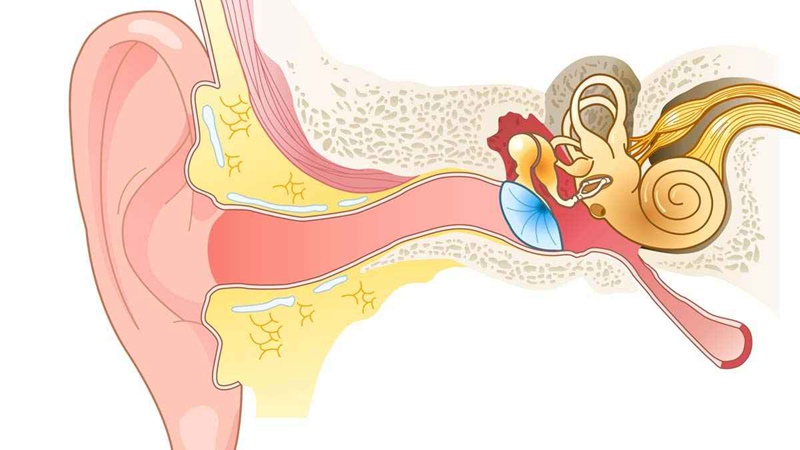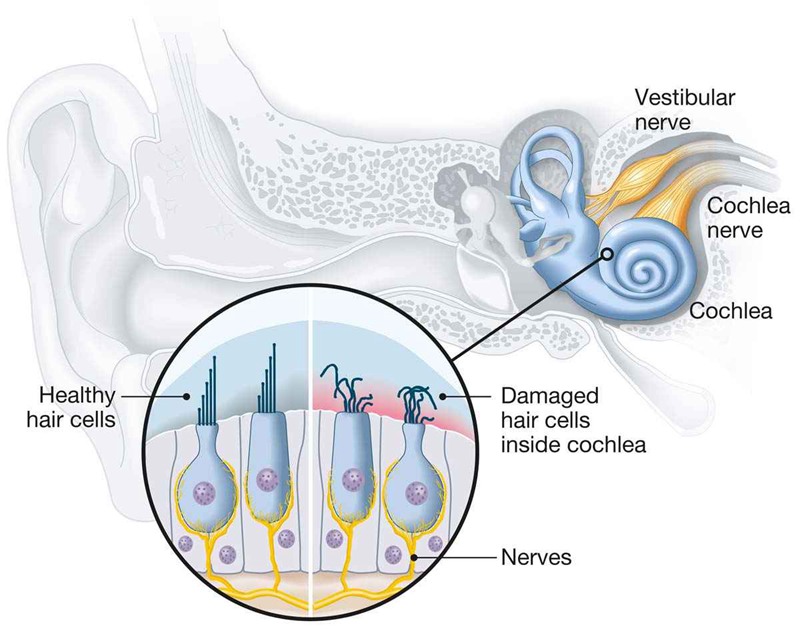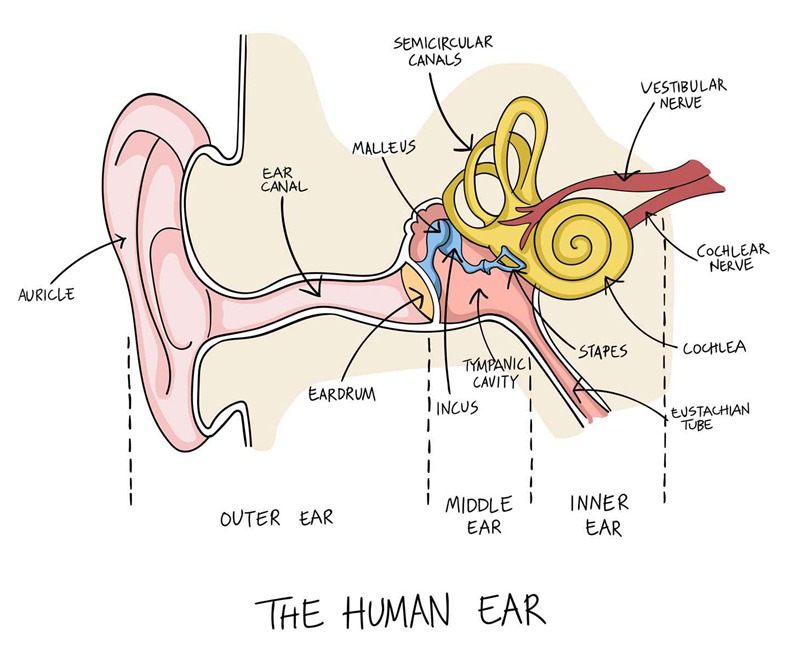-

Mixed Hearing Loss: What You Need to Know
Mixed hearing loss is a combination of sensorineural and conductive hearing loss, involving damage to both the outer/middle ear (impairing sound transmission) and the inner ear or auditory nerve (affecting sound processing). Causes include aging, noise exposure, infections, tumors, trauma, viral issues, or impacted wax. Symptoms often involve difficulty hearing soft sounds, tinnitus, and dizziness. Treatment varies based on evaluation, with conductive components treated via medication or surgery,...
-

What Is the Prevalence of Hearing Loss?
Hearing loss is a widespread and significant global health issue, affecting millions of people across all age groups. In the United States alone, approximately 15% of adults (37.5 million individuals) experience some degree of hearing difficulty, with age being the primary predictor of hearing loss. Adults aged 60-69 demonstrate the highest prevalence, and men in this age group are nearly twice as likely to be affected as women. Globally, over 5% of the world's population (360 million people) exp...
-

Sensorineural Hearing Loss: Causes, Symptoms, and Treatment
Sensorineural hearing loss (SNHL) is the most common type of hearing impairment, affecting 200,000 people annually in the U.S. It occurs when there is damage to the inner ear's hair cells or auditory nerve, leading to permanent hearing loss that can range from mild to profound and may affect one or both ears. Common causes include aging, noise exposure, ototoxic medications, head trauma, genetic disorders, infections like measles or meningitis, and tumors on the auditory nerve. Symptoms often inv...
-

Sudden Hearing Loss: The Answers You Need
Sudden sensorineural hearing loss (SSNHL), also known as sudden deafness or sudden-onset hearing loss, is a rapid loss of hearing that occurs within three days or less and can affect one or both ears. Common symptoms include difficulty hearing, ear fullness, dizziness, tinnitus (ringing in the ears), and an inability to locate sound sources. While causes such as head trauma, Ménière’s disease, acoustic neuroma, or circulatory issues are identified in 10-15% of cases, the majority remain unkno...
-

What Are the Symptoms of Hearing Loss?
Hearing loss often develops gradually and can be challenging to recognize, as individuals may not notice the symptoms initially. Common signs include difficulty hearing in noisy environments, trouble following conversations without visual cues or when someone is speaking from another room, requiring increased volume for media, feeling that others are mumbling, frequently asking for repetition, and experiencing listening fatigue. Additionally, tinnitus (a ringing or buzzing sound in the ears) may ...
-

What Are the Types of Hearing Loss?
The human ear is a complex organ responsible for detecting and processing sound. Sound waves travel from the outer ear through the ear canal to the eardrum, which vibrates and transmits these vibrations to three tiny bones in the middle ear (malleus, incus, and stapes). These vibrations are then transferred to the inner ear's cochlea, where fluid movement stimulates hair cells that send electrical signals via the auditory nerve to the brain for interpretation as sound. Hearing loss can occur due ...




